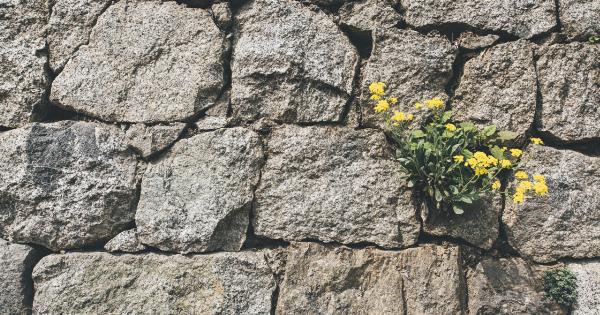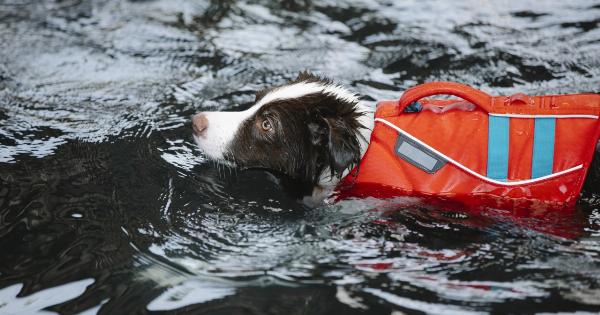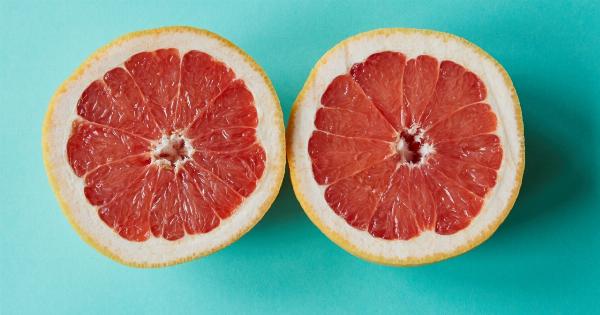With the onset of summer, it’s natural for people to engage in activities that increase their exposure to heat.
Whether it’s spending time outdoors in the sun or participating in sports, the summer months often come with higher temperatures and the potential for heat-related health issues. However, one issue that many people are unaware of is the link between heat and kidney stones.
What Are Kidney Stones?
Kidney stones are hard deposits of minerals and salts that form in the kidneys and can cause blockages within the urinary tract.
These stones can vary in size, from a grain of sand to a golf ball, and can cause severe pain when passed through the urinary system. Kidney stones can be caused by various factors, including lifestyle choices, genetics, and medical conditions such as gout or urinary tract infections.
The Link Between Heat and Kidney Stones
Recent studies have shown that there is a direct correlation between higher temperatures and an increased risk of kidney stones. The reason behind this is twofold: dehydration and increased calcium excretion.
When the body is exposed to heat, it tends to lose fluids faster, increasing the risk of dehydration. This, in turn, can lead to a higher concentration of minerals in the urine, which can form kidney stones.
Moreover, when the body is dehydrated, it produces less urine, which means that the minerals and salts that would typically be excreted in larger volumes become more concentrated.
One of the critical minerals that are excreted through urine is calcium, which is one of the primary components of kidney stones. When there is a higher concentration of calcium in the urine, it can form crystals that can eventually lead to the formation of kidney stones.
Preventing Kidney Stones in the Summer Months
While the link between heat and kidney stones may sound alarming, there are steps that you can take to reduce your risk of developing kidney stones during the summer months:.
1. Hydrate Frequently
Staying hydrated is crucial for maintaining good health, especially during the summer months. Drinking enough water can help to prevent dehydration and reduce the concentration of minerals in the urine, reducing the risk of kidney stone formation.
2. Reduce Alcohol and Caffeine Intake
Both alcohol and caffeine can contribute to dehydration, so it’s best to reduce or eliminate these beverages from your diet, especially in the summer months when your body is already at a higher risk of dehydration.
3. Avoid Sugary Drinks and Juices
Sugary drinks and juices can also contribute to dehydration and can cause an increase in the concentration of minerals in the urine. Try to limit your intake of these beverages and opt for water or low-sugar alternatives instead.
4. Eat a Balanced Diet
Eating a balanced diet that is rich in fruits, vegetables, and whole grains can help to reduce the risk of kidney stone formation.
Diets that are high in sodium and animal protein can increase the risk of developing kidney stones, so it’s best to limit these foods as much as possible.
5. Avoid Prolonged Exposure to Heat
Avoid spending prolonged periods in the sun or engaging in strenuous activities during the hottest parts of the day. If you need to spend time outside, be sure to wear sunscreen and appropriate clothing to protect yourself from the sun’s rays.
Conclusion
Kidney stones can be a painful and unpleasant experience, but by taking the necessary precautions, you can reduce your risk of developing them, especially during the summer months.
Staying hydrated, reducing alcohol and caffeine intake, avoiding sugary drinks, eating a balanced diet, and avoiding prolonged exposure to heat are all essential steps in preventing kidney stones from forming.






























